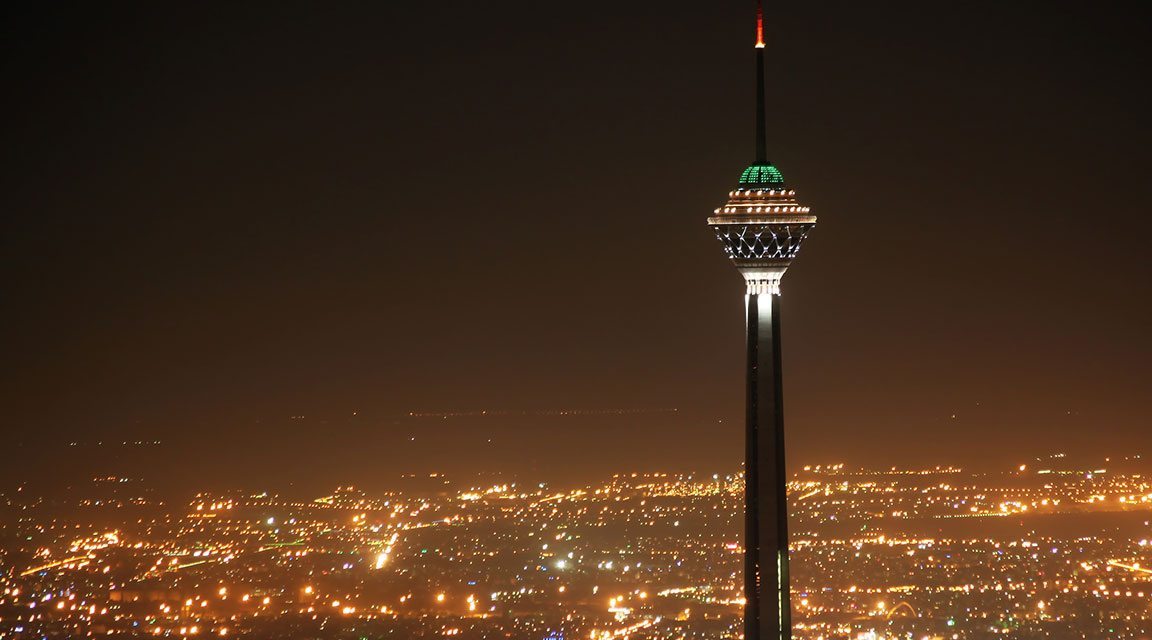

Iran, US and EU all optimistic of nuclear deal completion as Iran removes Arak plutonium reactor
Iran is anticipating the suspension of nuclear-related economic sanctions within days, as it completes the downgrade of its nuclear programme in line with internationally agreed limits.
On 11 January, the Iranian government completed the removal of its plutonium reactor at Arak and filled it with concrete.
Last week, US Secretary of State John Kerry, who was instrumental in negotiating the nuclear agreement with Tehran, said Iran had shipped out most of its stockpile of enriched uranium overseas.
In a few days we will see the end of the cruel sanctions against Iran, Irans President Hassan Rouhani said on 11 January in a speech to open new gas facilities, Bloomberg reported. When sanctions end, I will explain to people how great an accomplishment this is.
Kerry said on 7 January that we are days away from implementation if all goes well.
The EUs foreign policy head, Federica Mogherini, is also confident on the prospects of sanctions relief in the near term.
There is no set date yet. The date is going to be related to the full implementation of all the steps that need to be taken, Mogherini was reported saying at a news conference in the Czech Republic on 11 January. I can tell you that my expectation is that this day could come rather soon. The implementation of the agreements is proceeding well.
The Joint Comprehensive Plan of Action (JCPOA) nuclear deal was signed by Iran and six world powers the US, France, Germany, the UK, China and Russia on 14 July 2015. The deal calls for Iran to cut back its nuclear programme in exchange for relief from US, EU and UN-enforced sanctions against its economy, including the banking and energy sectors.
The immediate impact of sanctions relief is likely to be an increase in Iranian oil exports, while Tehran will receive billions of dollars of oil revenues frozen in overseas bank accounts.
In the longer term, the Islamic Republic is likely to attract increased investment from overseas, with companies already signing preliminary agreements on projects in sectors such as oil, gas and metals.
The recent deterioration of Irans relations with Saudi Arabia and some of its close allies in the Arab world have led some concerns of the nuclear deal being derailed.
Iranian protesters broke into the Saudi embassy in Riyadh and ransacked the building in response to Riyadhs 1 January execution of Saudi Shia cleric Sheikh Nimr al-Nimr. This led to Saudi Arabia, Bahrain, the UAE, Kuwait and Sudan announcing the withdrawal of diplomats from Tehran.
Saudi Arabia is one of the main international opponents of the nuclear deal, seeing the process as boosting the prospects of its main political and economic rival in the region. Israel is also an influential and vocal opponent.
However, it does not appear that the diplomatic spat has had any immediate impact on the process, with all major actors involved optimistic of sanctions being lifted in the near term.
You might also like...

Rainmaking in the world economy
19 April 2024

Oman receives Madha industrial city tender prices
19 April 2024

Neom seeks to raise funds in $1.3bn sukuk sale
19 April 2024

Saudi firm advances Neutral Zone real estate plans
19 April 2024
A MEED Subscription...
Subscribe or upgrade your current MEED.com package to support your strategic planning with the MENA region’s best source of business information. Proceed to our online shop below to find out more about the features in each package.





